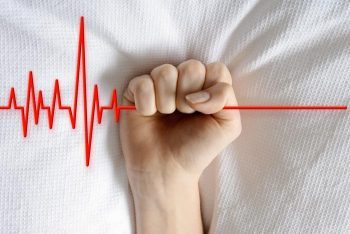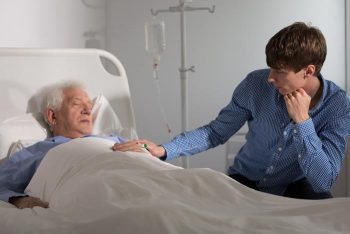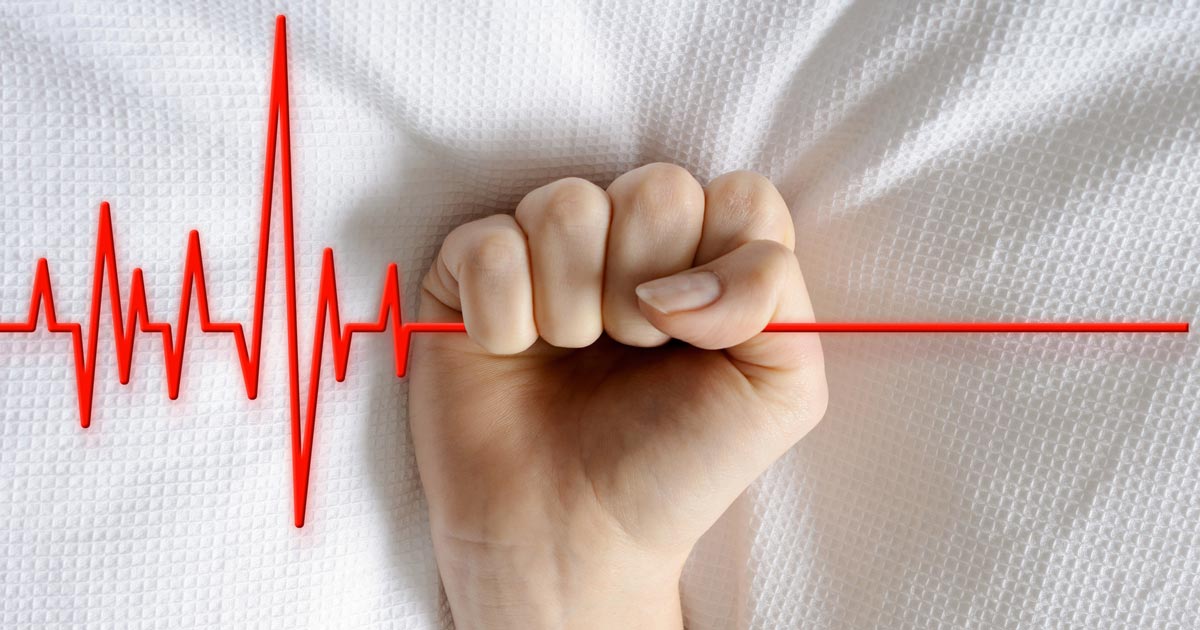This is a personal blog, filled with personal opinions, and it’s not that funny. Skip to the one about CPD if you fancy a chuckle, and, as ever, if you strongly object to an opinion of mine, bear in mind it was probably implanted by space aliens, so it’s not my fault.
***

“We’re so lucky to have this,” the elderly woman says as she signs the form, trying to smile. “I had to watch my mother…”
She pauses, because she doesn’t want to think about that any more. She ruffles the fur on her companion’s head, and gives in to the tears.
“Not for you,” she says, looking down. “We won’t let you suffer any more.”
Variations on a theme
I wonder how many of you have heard variations on this during a euthanasia consultation? I find it happens often – so many people have lost relatives or friends in clearly upsetting ways. I know I’ve watched someone fade away, and it’s something I’ll never forget.
A large number of people spontaneously offer the sentiment above – that we’re lucky to be able to end suffering in the way we can with our pets.
Now, it’s true they’re a self-selecting population – by definition, people coming to have their pets euthanised are people who don’t object to euthanasia on ethical grounds. But agreeing with the principle of pet euthanasia doesn’t mean people should automatically agree with the principle of human euthanasia, although I would say (subjectively) the majority of them do. How many of you have had people whisper to you conspiratorially in the aftermath, for example: “I wish we had this for us, too?”
Unique
For what it’s worth, here’s what I feel: sometimes, there’s nothing left in life but to suffer and die. It’s not pretty, but it’s true, and it applies to humans as well as animals – this is because we, too, are animals.
We’re unique among the animals in a number of ways, mainly because of our large brains. One of these ways is, arguably, our capacity to suffer. If someone tells us our death is imminent and inevitable, and that we’re going to suffer every moment until then, our overactive imaginations will furnish us with a good idea of exactly what that will be like, adding a new dimension to the misery.
Another way we are unique is we can agree we do not wish to suffer in that way, and can ask for it to be brought to an end, although this is not something that can be done for humans in this country (both active euthanasia and assisted suicide are illegal under English law). Many of our patients will have a better end to their lives than you or I will.
It’s complicated
Now, I’m not entirely naive. Human euthanasia isn’t nearly as simple as pet euthanasia, for various reasons:
- Other animals don’t suffer from suicidal tendencies.
- Nobody is going to inherit a fortune if they convince a vet their pet needs to be euthanised.
- It’s unlikely (although not impossible, especially in divorce cases or similar) people will want animals euthanised out of spite or hatred (and when they do, it’s usually to spite another human).
- Religion is rarely brought up when animals are euthanised.
The sheer complexity of our lives means human euthanasia brings with it a whole range of ethical issues that muddy the waters. I acknowledge that, and understand it, but complexity is no reason to sidestep the issue.
He who suffers more

As ever with me, it comes down to suffering.
I have dedicated my life (or, at least, the part of it that doesn’t play games, read books or watch TV) to relieving suffering, in any way I can. Humans suffer as much, arguably more, than most of the animals I deal with, including when the time comes to die.
I hear a lot about the “sanctity of human life” when I look into these issues, but this is a confusing phrase to me. Firstly, it’s often inconsistently applied, because some human lives appear much more sacred than others. Secondly, I can’t see why human life is more sacred than any other, except I happen to be human and have something of a vested interest in it being so.
Regardless, nothing – absolutely nothing – is sacred to me about pain, fear, misery and death.
Enquiring within
I suppose I have to ask myself a hard question, given the possibility for abuse of human euthanasia: what if someone is euthanised who would have recovered?
That’s a tricky one for me. I use the same argument in reverse for my opposition to the death penalty – what if someone is executed who wasn’t guilty? History shows this is what happens with executions, and there’s no reason to suspect that, every so often, someone would be euthanised who wouldn’t have died otherwise, and may have had many years of happy life ahead of them.
Statistically, given the number of animal patients I have euthanised, it’s likely some of them would have recovered, too.
Playing God
The look in people’s eyes when they say they’ve “had to watch” a relative die always leads me to think about my own experience. I think of all the suffering out there, the terrible ends to otherwise wonderful lives, and can only say that yes, I believe it would be worth losing a small percentage of people, who otherwise would have lived, to end the suffering of thousands more.
We’re very quick to say we have no right to “play God”, but we don’t seem to have the same compunction about going to war, which strikes me as a very similar thing.
My patients have the right to die without suffering. Why don’t we?

Leave a Reply